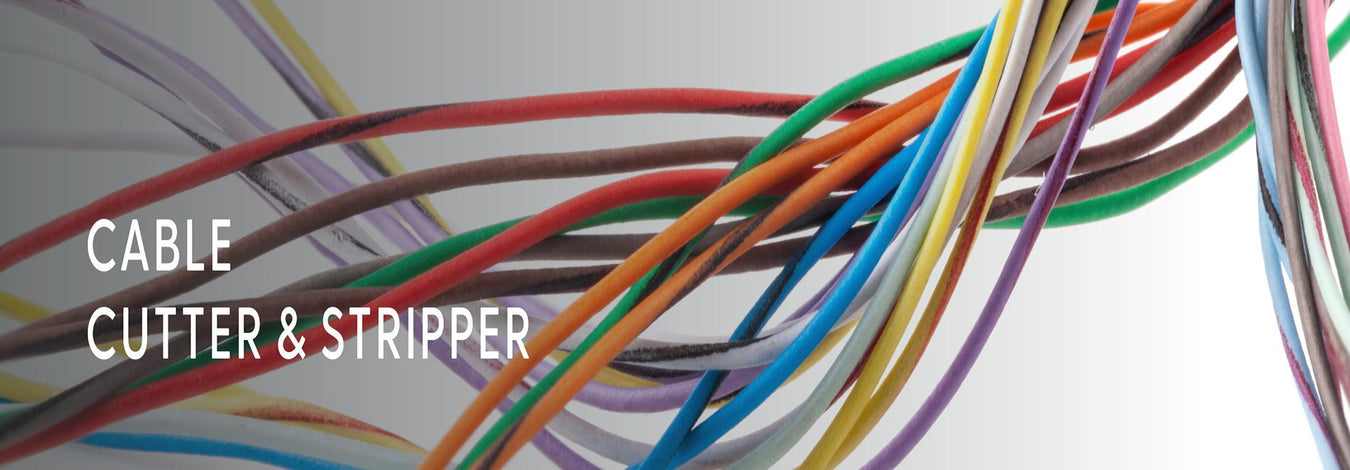
Is Copper Pressing Better Than Soldering?
Soldering has been the go-to method for connecting copper pipes for a long time in the plumbing industry. However, the same industry is experiencing shifts in how projects are carried out. One of the noticeable changes is the introduction and adoption of press fittings. You may be wondering what the problem with soldering could be, yet it has been used for decades.
There is nothing wrong with soldering, but it’s not the best method. Professionals in the plumbing industry are seeking relatively easy, fast, and reliable alternatives like pressing. Keep reading as we look into why pressing is better than soldering.
What is Soldering?
Soldering is one of the traditional methods used to join copper pipes. It’s also called sweating. It entails the use of a hot flame (from a soldering gun/torch) that melts the solder alloy on the joints of a copper pipe to create a seal. Soldering can be time-consuming and requires some level of expertise.
What is Pressing?
Pressing is a new method of connecting copper pipes using fittings (with built-in O-ring), a unique tool called a press tool. The iCrimp IWS-1632AF Pressing Tool Kit is an excellent example of a press tool. Unlike soldering, pressing doesn’t entail the use of heat: it uses force that compresses the fitting to create an air and water-tight seal. Making press connections is straightforward and quick if you have the right tool.
4 Ways Copper Pressing is Better than Soldering
1. Pressing is a quick and easy connection method than soldering
The overall process of installing a press fitting takes seconds to a few minutes. Pressing doesn’t also require expertise; thus, even beginners with the appropriate tool can do it effectively. Above all, it doesn’t involve drying, and less prep is needed.
Conversely, soldering takes nearly 90% more time than pressing since it involves much prep work and the soldering process itself takes long.
2. Pressing is safer than soldering
One of the disadvantages of soldering is that it exposes you to fires, flames, and fumes which could be hazardous. For this reason, it requires you to obtain fire permits, especially when working in commercial buildings, and needs one to be skilled.
However, with pressing, no fire hazards or fumes are produced, thus making it a better choice for joining copper pipes in residential and commercial buildings. Besides, no risk of causing a fire, and you don’t need permits for hot work.
3. Pressing connections creates reliable connections
Soldered connections can also last long, but it requires much experience and work to make a reliable connection.
A pressing tool easily creates long-lasting, leak-free connections that withstand high temperatures and pressure. Also, the inbuilt O-ring on the press fitting is pre-lubricated; thus, it can last long as it prevents leakages. As a result, the press connection can last the life of the pipe.
From an aesthetic point of view, press connections look way better than soldered ones: soldering tends to leave residue on the pipes.
4. Pressing can be done on wet pipes
One of the cardinal rules in soldering is working on clean and dry copper pipes. Thus, this limits you working on wet pipes, which is quite often in cases of repairs. Ignoring this rule will leave you with a poor or leaking connection. On the other hand, pressing can be done on wet pipes or those with running water and still make reliable and secure connections.
Bottom line
Press fittings are becoming more popular among plumbing professionals. As outlined above, pressing offers some significant benefits compared to soldering. It’s easy to install and can be done on wet pipes, which ultimately saves time. In addition, press connections are reliable and don’t involve fire risks.
Suppose you’re considering copper pressing as your preferred connection method; you need a reliable tool and quality copper fittings. iCrimp has the best ergonomically designed, reliable, and affordable press tools for the job. They come with interchangeable dies, thus allowing you to work on pipes of different sizes.
References





